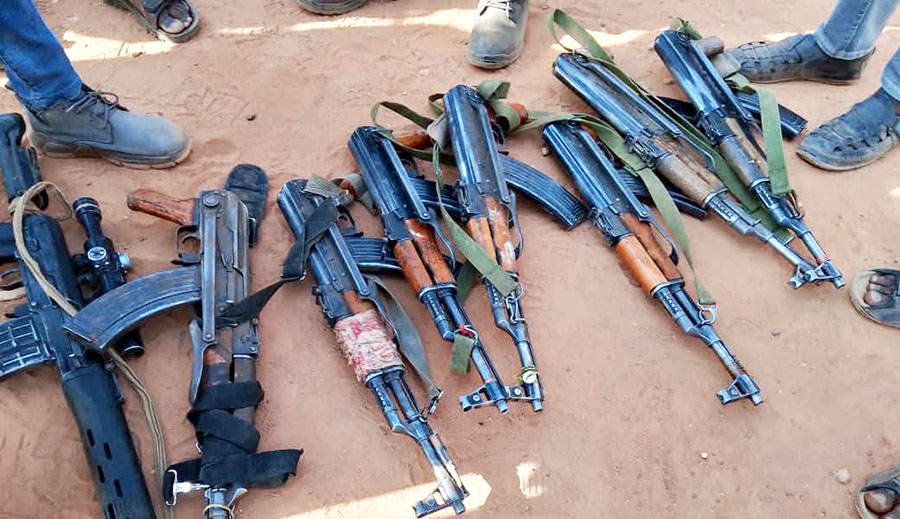
Khartoum at the Mercy of the Gun
Youssef Abdallah
On the streets of Khartoum, fear is openly present, as if it were a permanent resident. The decision to evacuate the capital of military formations carried bright promises, but it has collided with a security reality that understands only the logic of force. Since the Sovereignty Council announced its plan last month to remove armed forces and groups, people have been anticipating tangible change, but so far, they have received only statements read in closed rooms, while the city continues to live under the shadow of guns.
The government appears to be holding the reins with a trembling hand. While official statements speak of the armys commitment and set timetables, the situation on the ground reveals a clear inability to impose control. The ability to control the capital is not a matter of declaring intentions; it is a test of the states ability to manage its agencies and hold accountable those who violate the law, even if they wear an official uniform. What is worrying is that the state, so far, has not demonstrated a genuine willingness to meet this challenge.
Retaking Khartoum from the Rapid Support Forces did not end the tragedy; rather, it revealed a new phase of lawlessness. Human rights and press reports have documented secret detention centers and torture practices in areas supposedly under army control. In Al-Salha, a massacre occurred near military units that had been informed of the danger in advance, but failed to respond. In East Nile and Omdurman, armed groups in mixed uniforms infiltrate homes, stealing gold and furniture, claiming to be "carrying out routine procedures." These incidents are not isolated incidents, but rather symptoms of a systematic security failure.
Even markets, the lifeblood of the economy, have become a stage for armed extortion. In the Libya market, gunmen on motorcycles and rickshaws impose what they call "state contributions" at gunpoint. For citizens, there is no longer a difference between an organized gang and a neighborhood committee; both impose taxes and fill the vacuum of the state with force.
The police, who reopened dozens of stations last April, often limit themselves to registering reports, while crimes occur in plain sight. Worse still, the official discourse focuses on blaming the Rapid Support Forces, ignoring the fact that most of the looting occurs in areas where these forces were never present. This insistence on blaming one party for the failure reflects a lack of political will to address the root causes of the problem.
Today, Khartoum lives on the front line between the states promises and the rule of law on the one hand, and a daily reality that erodes peoples trust on the other. The government faces a crucial test: either transform its regular forces into a genuine protection force, with all their personnel held accountable, or leave the capital hostage to ongoing chaos.
If this security vacuum continues, Khartoum faces three bleak scenarios: First, the militias power will consolidate as a parallel force, turning the state into a facade without substance. Second, the social fabric will erode in favor of tribal and regional loyalties, opening the door to wider civil conflicts. Third, and most dangerous, the capital will slide into a "dead city" model, where economic life grinds to a halt, services are absent, and stability becomes a distant dream.
Avoiding these dark endings will only be achieved if the government moves from statements to action: restructuring the security services, purging them of those involved in violations, and extending the rule of law to all without exception. Without this, Khartoum will not only lose its security, but it will also lose its role as the heart of Sudan, becoming a mirror reflecting internal failures before any external threat.

